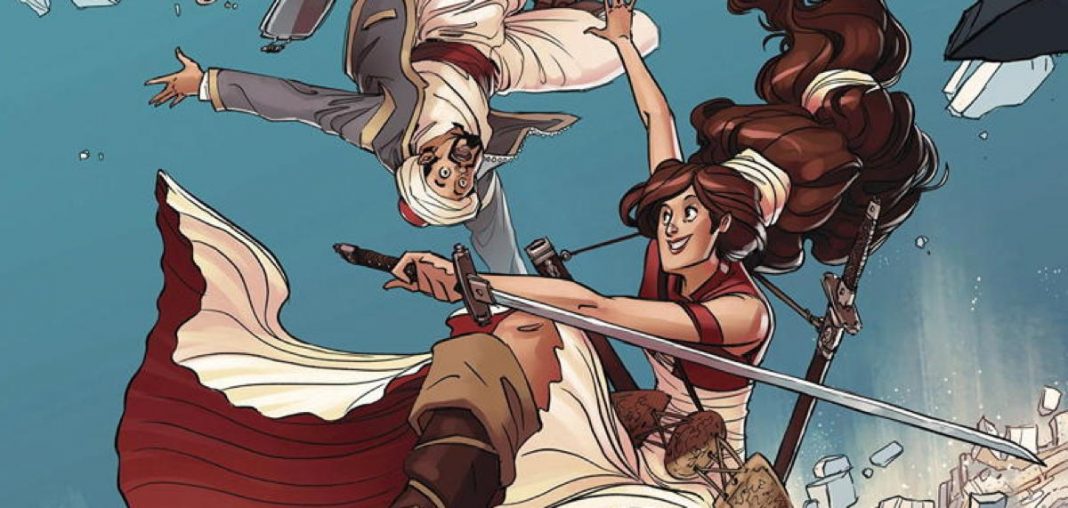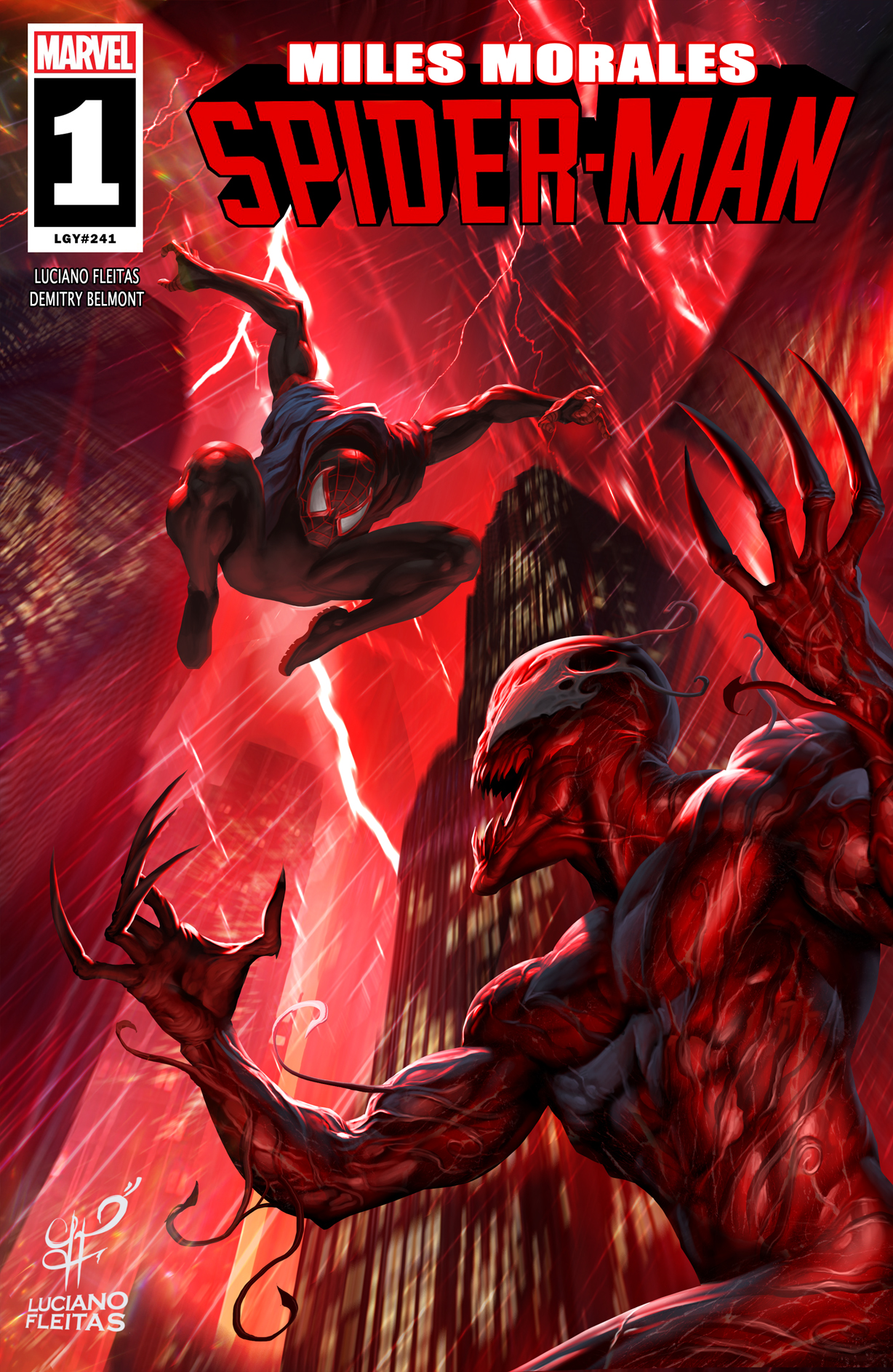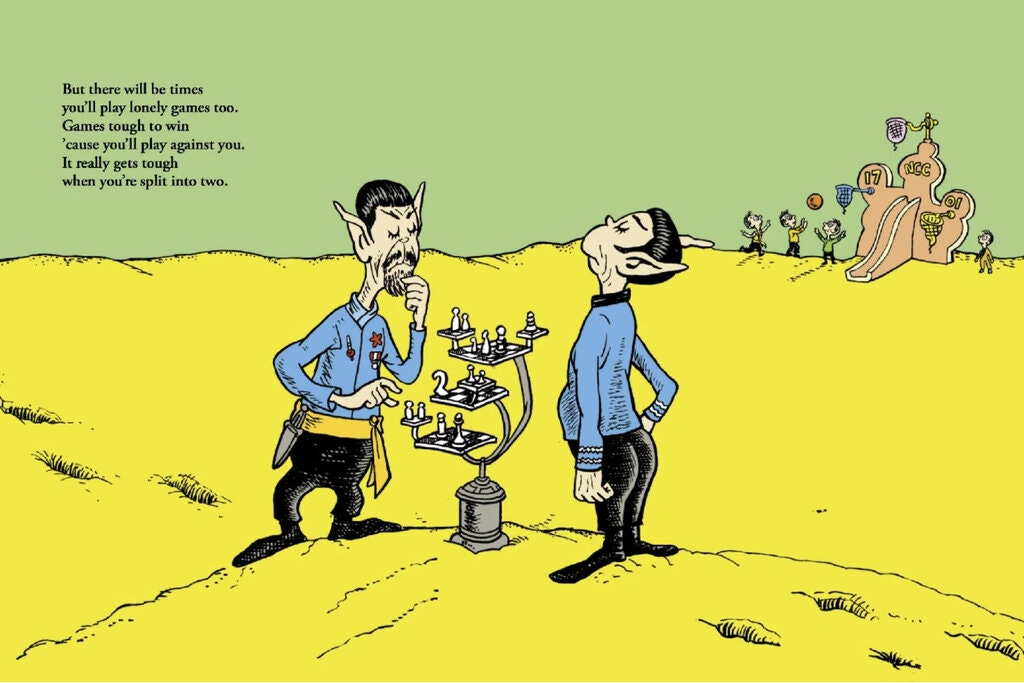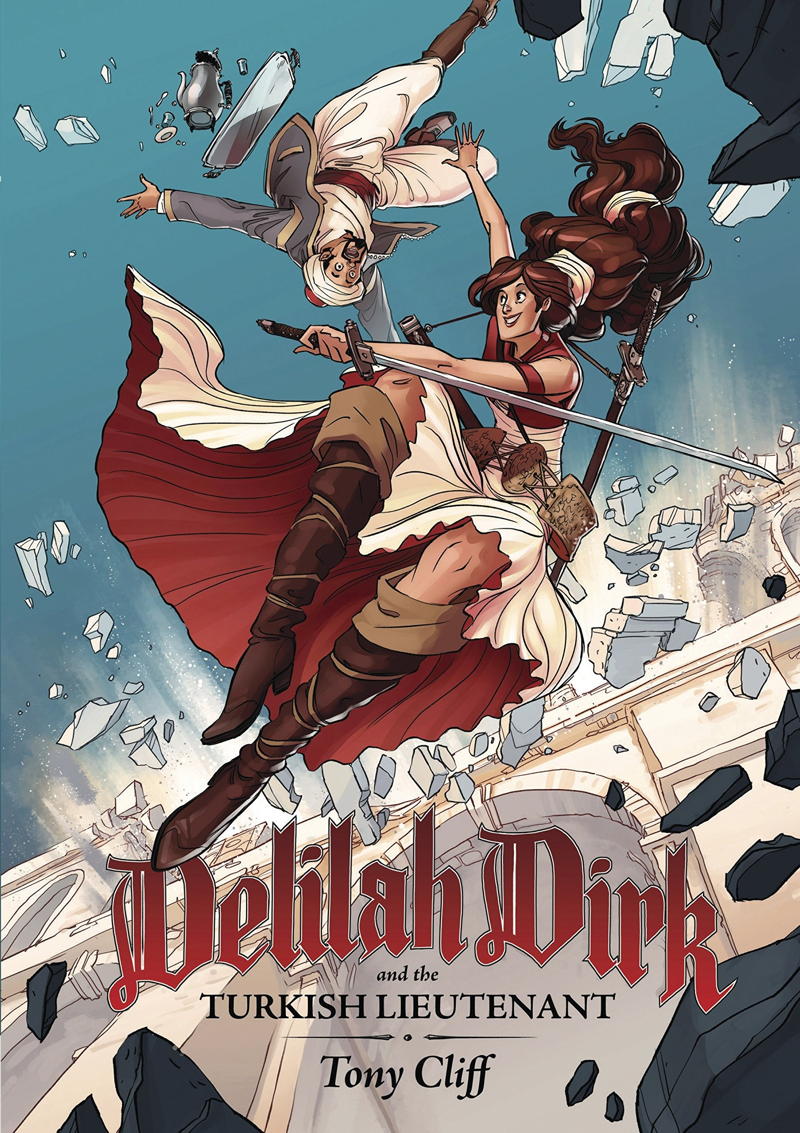§ Nice art: Luciano Fleitas is an Argentinian artist who does SF/fantasy covers and he’s been auditioning on Twitter with his own covers for Marvel and DC. Saw these floating on my TL. Good luck, Luciano!
§ Best of 2020 round-up:
• Rob Salkowitz offers The Best Graphic Novels Of 2020
• The best graphic novels of 2020 according to The Herald of Scotland
• The SKTCHD AWRDS: The Creators of 2020 (Part One)
• IGN has many lists in many parts and here is Best Limited Comic Book Series or Original Graphic Novel of 2020
• Xavier Files’ Best Comics Of 2020
• AIPT’s Best Comics of the Year: Best Creators
§ Speaking of SKTCHD, I was a guest on a yearly wrap-up podcast, along with the far smarter Gina Gagliano and Steve Anderson:
In this week’s special episode of Off Panel, we look at the defining themes of 2020 in comics with the help of Random House Graphic’s Publishing Director Gina Gagliano, Third Eye Comics’ Steve Anderson, and The Beat’s Heidi MacDonald. Up first is Gagliano (1:15), who talks about a year of revolutionary change, the year’s impact on promoting and publishing comics, how the book market was affected, and the year that was in that market. After that is Anderson (27:57), who discusses the disappearing backlist of trades in the direct market, distributor changes, and how single issues were affected. And to close is MacDonald (59:46), who talks about the end of the single issue, the rise of the webcomic, and how the balance of formats is shifting.
§ A lawsuit filed by Dr. Seuss Enterprises against a parody book, Oh The Places You’ll Boldly Go by David Gerrold, Ty Templeton, and Glenn Hauman, has been wending its way through the courts for a few years. The book is a purported take-off on Dr. Seuss’s Oh The Places You’ll Go but with Star Trek characters…which is something you see on Tumblr and Twitter and everywhere else every day, but the Dr. Seuss estate claims it is copyright infringement.
A lower court ruled for the defendants, a decision hailed as a fair use landmark, but as reported in the New York Times, the New York State appeals court has ruled the piece is not fair use.
Lawyers for ComicMix argued that the publication was permissible under fair use, a legal defense that grants satirists, aggregators and remixers some leeway under certain circumstances. But in overturning a lower-court ruling, the judges declared that the publication failed to meet the required standards for fair use, partly because it was not a parody or otherwise transformative. “The creators thought their ‘Star Trek’ primer would be ‘pretty well protected by parody,’ but acknowledged that ‘people in black robes’ may disagree,” Judge M. Margaret McKeown wrote in the opinion, which was issued on Friday. “Indeed, we do.”
Interestingly, Paramount and Star Trek are not suing over this work — and indeed most big companies let this kind of thing go, but the Seuss estate is notoriously litigious. Most of these uses are covered by the defense of parody but the appeals court did not think the work was parody.
Artists and publications have long wrestled with what can and cannot be considered fair use, a notoriously difficult to define standard that has left many creators uncertain of where the boundaries are. But ComicMix did not consult a lawyer or pursue a license before creating the book, Judge McKeown wrote. ComicMix could not argue the book was a parody since it wasn’t critiquing the original, the judge wrote. ComicMix argued that the book could be considered transformative since it contained “extensive new content,” a claim the judge rejected. “Although ComicMix’s work need not boldly go where no one has gone before, its repackaging, copying, and lack of critique of Seuss, coupled with its commercial use of Go!, do not result in a transformative use,” Judge McKeown wrote.
This is a very narrow ruling, but it could have a chilling effect on some future mashups and fair use in general. The Hollywood Reporter has the entire decision. Haumann, the VP of the comics news site ComixMix, is quoted as being optimistic; however, I’m not a lawyer but this would have to go to the Supreme Court next.
§ Not comics, but this is one of the creepiest things you will ever read: The Mystery of the Disappearing Manuscripts.
§ David Harper AGAIN. He offers his wrap-up of the year in comics for Polygon:
For the longest time, so many in certain parts of the industry have had limited views of what comics could – or should – be. “You publish in this format because that’s the way we always have, and you distribute this way for the same reason.” Comics was the ultimate “if it ain’t broke, don’t fix it” industry, even if the medium itself wasn’t. The problem is, in 2020, it finally broke. In a snap, everyone had to reinvent themselves, with people across comics finding themselves in new, unexpected positions by necessity. And to their eternal credit, they made it work, turning what could have been a year of disaster into one that underlined the impressive resilience of comics — even if it required considerable effort to get there.
§ Every year or so, some creator offers a brutally frank breakdown of the economics of making comics, and this time it’s Tony Cliff, creator of the delightful Delilah Dirk series, published by First Second. The Finances of Making a Graphic Novel looks at the eternal dilemma of living on small advances when making a book takes a year or even more. It’s not a situation unique to comics — traditional authors must also deal with it — but living on a small book advance is often not possible.
The difficult thing with advances is, of course, the fact that I most need the money while I’m working on the book, not after it. For example, $50k is a very, very good advance. You’d be lucky to get it. (I never have.) But only a portion of that impressive number would be available to me during the year and a half I am working on the book. For starters, my agent will take her commission (I am happy to give it to her, she deserves it). I would have to make 21k work for me during production of the book. With my eighteen-month DD2 schedule, that’s only about $1200 per month, so if I’m thinking about it like a paycheque, I’m making well below minimum wage. (I have floated the idea to my agent: “can I just have the whole advance up front?” and the idea was not warmly received.)
Cliff has no answers for the dilemma; he’s applied for Canadians arts grants, and takes on other work, but he’s still looking for a new way. You’d think someone as talented as he is wouldn’t have to worry about this, but no. You can read more of the production diary for Delilah Dirk Book Four here.

According to SFWA, the incident sets troubling precedence for others in similar positions. If a publisher can get out of paying an author by having the license travel to another company, it could undermine the livelihoods of many writers who made their livings writing novelizations and tie-in novels for some of the biggest media franchises in existence. Moreover, since Foster and SFWA went public with their claim, other authors have spoken to Polygon to say that they too haven’t been paid for work now owned by Disney after the acquisitions of Lucasfilm in 2012 and 20th Century Fox in 2019. What I’ve learned from investigating the claims highlights the perilous position that writing for popular, existing properties poses for creators. The legal landscape is tilted towards the corporations — and the publishers under them — making the system tough to challenge.
The story reveals that the creators of Star Wars comics for Dark Horse have similarly stopped getting royalties when the work is reprinted by Marvel.
Stackpole’s comics came out from one publisher, Dark Horse Comics, only to be later reprinted by another, Marvel. He notes to Polygon that this situation doesn’t affect his prose novels like his X-Wing novels or I, Jedi — he’s still getting royalties for those from Del Rey. But he began to notice issues with his comics shortly after Disney transferred the Star Wars comics license away from Dark Horse Comics to Marvel Comics, which Disney already owned. After speaking with another writer who’d written for both Dark Horse and Marvel, Stackpole learned that the writer was getting royalties from reprints, but only because they were already in Marvel’s system prior to its acquisition by Disney in 2009. “It was his understanding that if you hadn’t worked for Marvel, if you weren’t already in their royalty system, you just weren’t,” he says. (Dark Horse Comics and Marvel didn’t respond to a request for comment by the time this piece was published.)
This would seem like a legal slam dunk BUT…many contracts are voided in the case of a sale of the company involved, and where this ends up is anybody’s guess.










